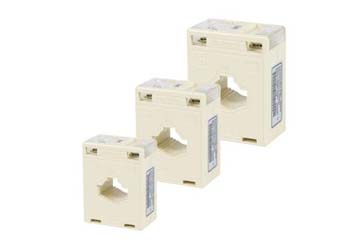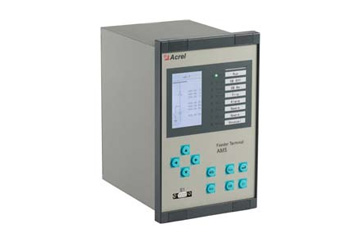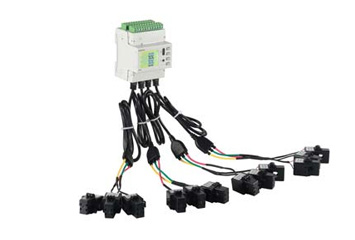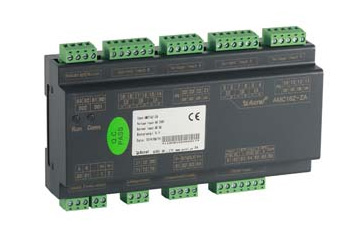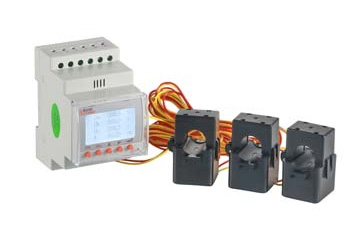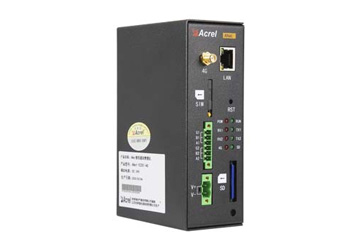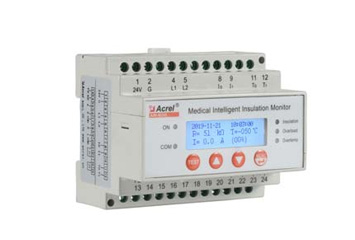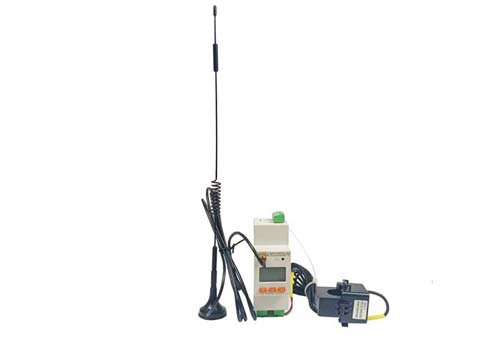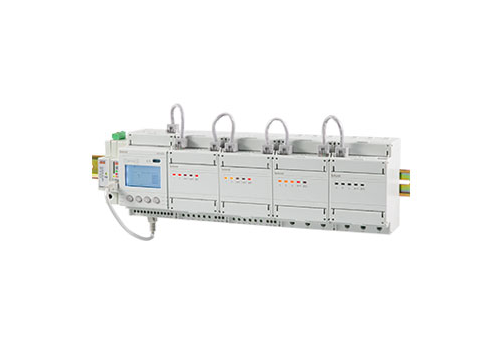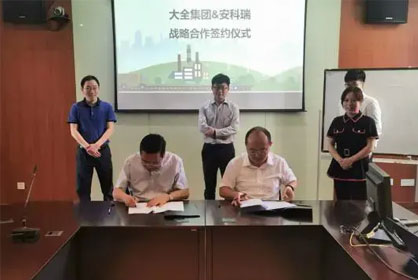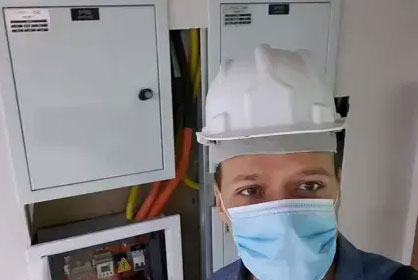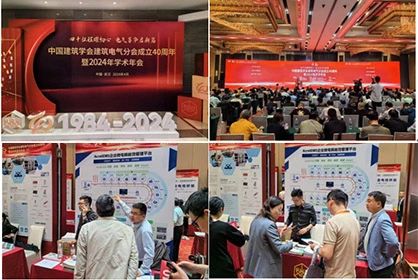In the intricate realm of electronic systems, maintaining signal quality is paramount for reliable and accurate data transmission. Analog Voltage Isolators emerge as indispensable components, playing a pivotal role in enhancing signal integrity. This passage delves into the mechanisms and applications of Analog Voltage Isolators, shedding light on their crucial contribution to ensuring pristine signal quality.
At the heart of Analog Voltage Isolators is the fundamental principle of galvanic isolation. These isolators are designed to electrically separate input and output circuits, preventing the flow of current between them. By doing so, they eliminate the risk of ground loops, reduce electromagnetic interference (EMI), and safeguard sensitive electronic components from potential damage.
Breaking the Ground Loop: Eliminating Common Challenges
Ground loops are a common nemesis in electronic systems, leading to unwanted noise and distortions in signals. Analog Voltage Isolators act as guardians against ground loops by breaking the electrical connection between input and output circuits. This not only ensures cleaner and more accurate signals but also addresses safety concerns, preventing potential hazards associated with ground loops in high-voltage environments.
Enhancing Signal Quality in Industrial Environments
In industrial settings, where precision and reliability are non-negotiable, Analog Voltage Isolators play a transformative role. These isolators protect measurement and control systems from the harsh realities of industrial environments, such as electromagnetic interference, voltage spikes, and potential ground faults. By providing a robust barrier between sensitive equipment and external disturbances, Analog Voltage Isolators elevate signal quality to meet the stringent demands of industrial applications.
Mitigating Signal Distortions in Long-distance Communication
Long-distance communication poses unique challenges, including signal degradation due to voltage drops and interference. Analog Voltage Isolators come to the rescue by isolating signals over extended distances without compromising signal quality. Whether transmitting analog signals or modulating digital data, these isolators ensure that the intended information reaches its destination with minimal distortion, making them invaluable in applications such as remote sensing and telecommunication.
Integration in Data Acquisition Systems
The integration of Analog Voltage Isolators is particularly crucial in data acquisition systems where accurate signal acquisition is paramount. These isolators provide a reliable barrier against common-mode voltages, safeguarding sensitive measurement equipment from potential damage. As a result, data acquisition systems can achieve precise measurements without the interference of unwanted signals, ensuring the integrity of collected data in applications ranging from scientific research to industrial monitoring.
Future Frontiers: Advancements and Innovations
As technology continues to advance, the realm of Analog Voltage Isolators is poised for further innovation. Ongoing research aims to enhance their capabilities, addressing challenges such as bandwidth limitations and accommodating higher data rates. Additionally, the integration of smart technologies into isolator designs holds the potential for more adaptive and responsive solutions, further ensuring signal integrity in evolving electronic systems.
In the symphony of electronic communication, Analog Voltage Isolators emerge as silent yet powerful guardians of signal quality. Their ability to break ground loops, mitigate interference, and ensure pristine signal transmission makes them indispensable in diverse applications. Whether safeguarding industrial processes, enabling long-distance communication, or preserving the accuracy of high-precision instrumentation, Analog Voltage Isolators stand as sentinels, ensuring that the signals traversing through electronic systems retain their integrity and reliability. As technology marches forward, the significance of these isolators in enhancing signal quality remains steadfast, promising a future where electronic communication thrives on the backbone of uncompromised data integrity.
 English
English
